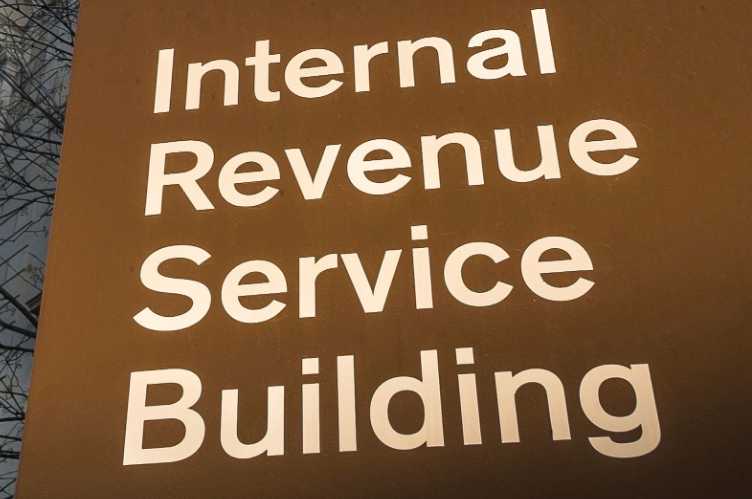A U.S. federal judge on Thursday sentenced Paul Manafort, President Donald Trump’s former campaign chairman, to 47 months in prison for tax and bank fraud.
The sentence was substantially less than the 19 to 21 years prosecutors wanted, which most likely would have put Manafort, 69, behind bars for the rest of his life.
Judge T.S. Ellis said the federal sentencing guidelines — and harsh punishment that special counsel Robert Mueller recommended — were excessive.
Ellis also pointed out that Manafort was not on trial in connection with the main objective of the Mueller probe: to determine whether the Trump campaign colluded with Russia to influence the outcome of the 2016 presidential election.
Manafort was brought into the courtroom in a wheelchair and supported himself with a cane. He looked much more worn and haggard than he did just a few years ago, when he was one of the most influential Republicans in Washington.
[content id=”79272″]
‘Humiliated and ashamed’
While not apologizing for his crimes, Manafort told the judge that his life “professionally and financially is in shambles.”
“To say I have been humiliated and ashamed would be a gross understatement,” he said.
Along with sentencing Manafort to nearly four years in prison, Ellis fined him $50,000.
Manafort was charged with hiding from the government millions of dollars he earned as a lobbyist for Ukraine’s former pro-Russian president, Viktor Yanukovych — millions of dollars on which he paid no taxes.
Manafort also lied to banks in Virginia to secure loans for his luxurious lifestyle, which included large homes and designer clothes.
In addition, Manafort has been convicted of separate federal charges of conspiracy and witness tampering. He is to be sentenced for those crimes next week.
The relatively light fraud sentence for Manafort was a bit surprising. Manafort agreed to cooperate with Mueller in the Russia probe, hoping for a lighter punishment. But another judge had ruled that Manafort lied to prosecutors in the Russia probe and violated a plea deal, leaving him no longer entitled to leniency.
Source: VOA








